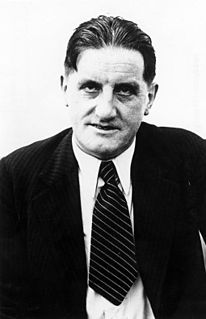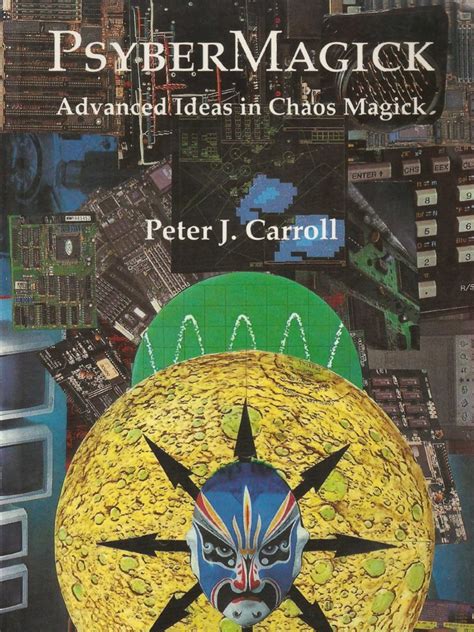A Quote by Philip Kitcher
In working towards ways of reading Mann, so that his own advances in suggesting new perspectives will become more vivid, I do some fairly standard philosophical analysis of ideas in Nietzsche and Schopenhauer.
Related Quotes
I use biography, I use literary connections (as with Platen - this seems to me extremely helpful for appreciating the nuances of Mann's and Aschenbach's sexuality), I use philosophical sources (but not in the way many Mann critics do, where the philosophical theses and concepts seem to be counters to be pushed around rather than ideas to be probed), and I use juxtapositions with other literary works (including Mann's other fiction) and with works of music.
Our accent will be upon youth: we need new ideas, new methods, new approaches. We will call upon young students of political science throughout the nation to help us. We will encourage these young students to launch their own independent study, and then give us their analysis and their suggestions. We are completely disenchanted with the old, adult, established politicians. We want to see some new faces -- more militant faces.
When one read's Kierkegaard's profound analyses of anxiety and despair or Nietzsche's amazingly acute insights into the dynamics of resentment and the guilt and hostility which accompany repressed emotional powers, one might pinch oneself to realize that one is reading works written in the last century and not some new contemporary psychological analysis.
Paul Davies takes us on a logically and rhetorically compelling modern search for human agency. This outstanding analysis, well informed by naturalistic views of our evolved affective nature, is the kind of philosophical work that is essential for a field to move forward when ever-increasing findings from modern science are inconsistent with traditional philosophical arguments. This book is for all who wish to immerse themselves in the modern search for free will. It is steeped in the rich liqueur of current scientific and philosophical perspectives and delusions.
We must have a new mythology, but it must place itself at the service of ideas, it must become a mythology of reason. Mythology must become philosophical, so that the people may become rational, and philosophy must become mythological, so that philosophers may become sensible. If we do not give ideas a form that is aesthetic, i.e., mythological, they will hold no interest for people.
Ideas about a person's place in society, his role, lifestyle, and ego qualities will lose their hold as the cohesive forces in society disintegrate. Subculture values will proliferate to such a bewildering extent that a whole new class of professionals will arise to control them. Such a Transmutation Technology will deal in fashions, in ways of being. Lifestyle consultants will become the new priests of our civilizations. They will be the new magicians.


























